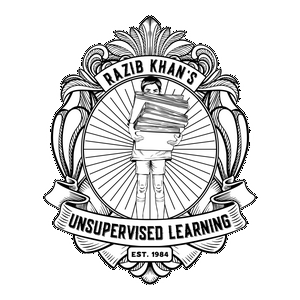On this episode Razib talks to Jesse Arm, VP of external affairs at the Manhattan Institute. His writing and commentary have appeared in the New York Times, Wall Street Journal, The Atlantic, New York Post, Fox News, City Journal and Jerusalem Post. Arm graduated with honors from the University of Michigan, where he majored in international political economy, and studied language and international affairs at Tel Aviv University. He has also worked for Senator Tom Cotton and Representative Dan Benishek, and the analytics arm of American Continental Group, a major lobbying firm.
Razib and Arm discuss the perceptions and attitudes of Gen Z Republicans, focusing on a group of 18-29-year-olds in Nashville, TN. Arm notes that while Gen Z feels economic anxiety, they are also entrepreneurial and comfortable with the world of social media. Gen Z Republicans are religious, like previous generations, but less likely to be married or have long-term partners at the same age as earlier cohorts. They express a desire for politics to be entertaining, similar to reality TV. The conversation also touches on the influence of social media on their views, the power of influencers like Nick Fuentes, and the potential for future political figures to emerge from the creator class. Arm also addresses the impact of intergenerational wealth transfer on political attitudes.


